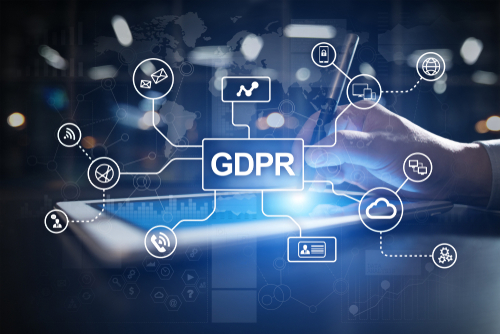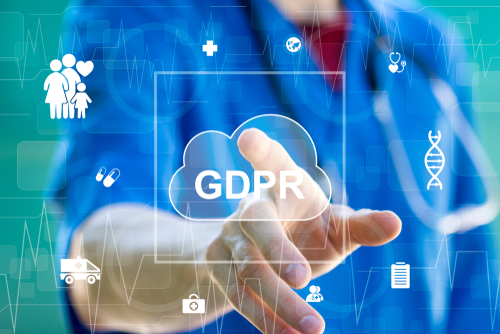The impacts of GDPR on digital marketing
Since its entry into force in May 2018, the General Data Protection Regulation (GDPR) has significantly changed the world of digital marketing in Europe and beyond. This law imposes strict rules on the collection, processing, and storage of personal data of European citizens. In this article, we will take a detailed look at the significant impacts of GDPR on digital marketing and how businesses can adjust their strategy to remain compliant while supporting their marketing performance.

Data collection: transparency and consent
Before the GDPR, many companies collected user data quite freely, often without explicit consent. Now, consent must be clear, free, and informed. Registration forms, subscription pop-ups, and cookies must clearly inform the user about the purpose of the data collection.
Impact on digital marketing:
Need to review forms to obtain explicit consent.
Potential decrease in the number of contacts in marketing databases.
- To prioritize the quality of prospects rather than quantity.
More regulated personalization and advertising targeting
Digital marketing relies heavily on the personalization and targeting of advertising campaigns. With the GDPR, the use of personal data to create user profiles requires explicit permission.
Impact :
Complicating retargeting and marketing automation.
Need to use anonymized or segmented data.
Emphasis on creating more general but attractive content.
Cookies and user tracking
Cookies, essential for analyzing visitor behavior, are directly affected by the GDPR (and even more so by the upcoming ePrivacy directive). Sites must obtain a explicit agreement for the use of non-essential cookies.
Impact :
Implementation of more sophisticated cookie banners.
Potential drop in tracking rates on websites.
Rise of cookie-free performance measurement solutions.
Strengthening customer relations
GDPR requires brands to be more transparent and ethical in their communication with customers.
Positive impact:
Increased loyalty through transparency.
Valorization of brands that protect user privacy.
- Opportunity to stand out on the market in showing an ethical approach.
Adapting content strategies
To compensate for the reduced access to personal data, companies are investing more in effective content strategies. Content marketing is becoming a pillar for attracting prospects without intrusive data collection.
Impact :
Development of blogs, books informative, graphics For attract traffic natural.
Enhanced SEO optimization to capture audiences naturally.
Use of first-party data (data collected directly from the user) as a lever for customer knowledge.
Increased compliance costs
Make sure to respect the GDPR leads to significant costs: audits, DPO (data protection officer), updating of CRM and CMS tools.
Impact :
Need to include compliance in the marketing budget.
Emergence of new martech solutions focused on “privacy by design”.
The GDPR has reshaped the rules of digital marketing. While it has imposed significant constraints, it also offers brands a unique opportunity to rethink their relationships with their customers around trust and privacy. Companies that integrate these new requirements into their marketing strategy will not only be compliant, but also better positioned to attract an audience that is increasingly aware of data protection.
To remember:
Transparency and consent have become essential pillars.
Content marketing and SEO are more important than ever.
Respecting privacy is a source of sustainable competitive advantage.








